“I Believe You”: Why your role hearing a disclosure matters
We know from the Active* Consent and USI Sexual Experiences Survey that high percentages of Irish college students have experienced sexual violence and harassment.
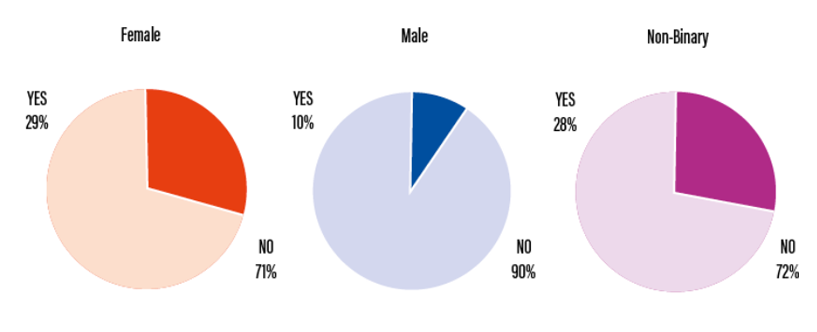
% of 6,000 students in Ireland that have experienced non-consensual penetration through incapacitation, force or threat of force.
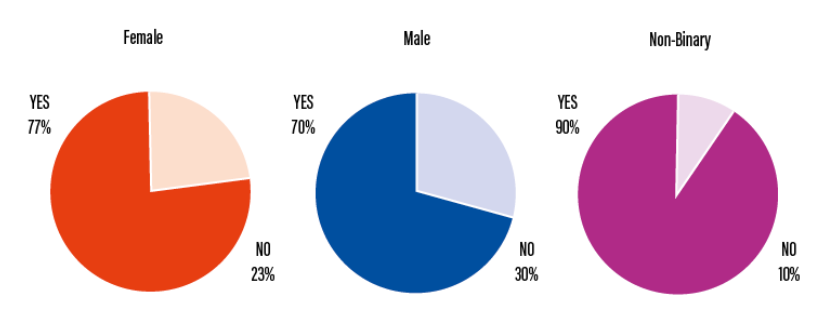
% of 6,000 students in Ireland that have experienced some form of sexual harassment since starting college.
For survivors, the first experience of disclosure is so important. Getting a negative reaction from the person they tell can severely affect how they feel about what happened, and how they deal with the aftermath of the incident.
However, showing someone that you believe them and are there to support them can improve their experience dramatically, and have a positive impact on how they deal with what happened (like empowering them to report the incident).
“What do you want to do next?”: A national directory of support services for survivors
People who have experienced sexual violence and harassment have many different options for reporting the incident, as well as mental/physical health support services as they process their experience.
Visit our Help page for support services and helplines for survivors of sexual violence/harassment, and the people supporting them.
Build Your Knowledge: Take the Active* Consent eLearning module, Sexual Violence and Harassment; How To Support Yourself and Your Peers
Our “Start Here” disclosure tips give you basic language and information to support a friend, student or colleague who discloses to you.
If you want to learn more about this issue, take our Active* Consent eLearning module, Sexual Violence and Harassment: How to Support Yourself and Your Peers. This module introduces users to a more nuanced understanding of sexual violence, harassment and support services available to students who have had negative sexual experiences.
This module is free for anyone to access, and takes roughly 30-45 minutes to complete.
To learn more about our eLearning module, click here »
 Start Here Campaign: Resources for Over 17’s
Start Here Campaign: Resources for Over 17’s
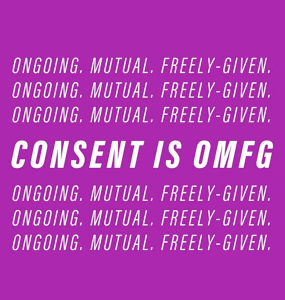
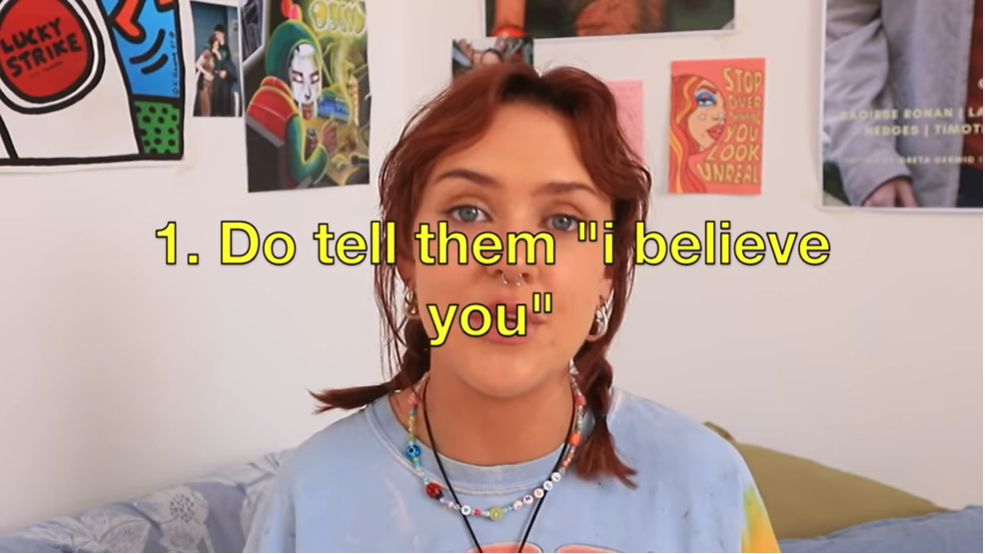
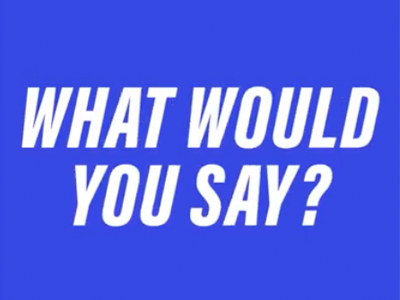
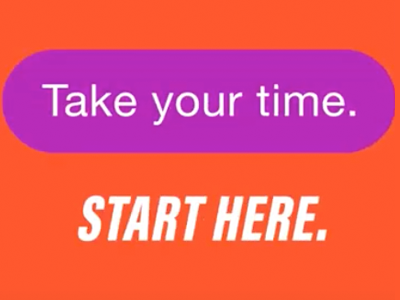
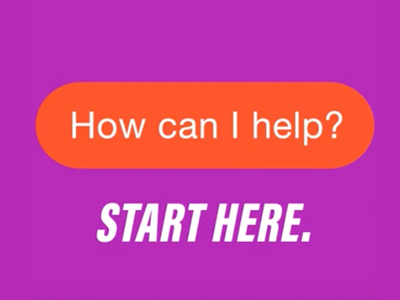
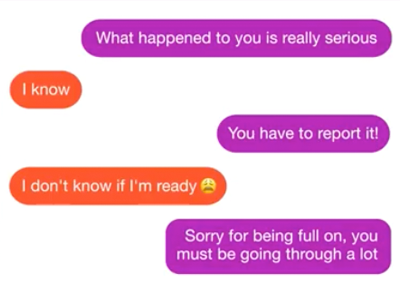





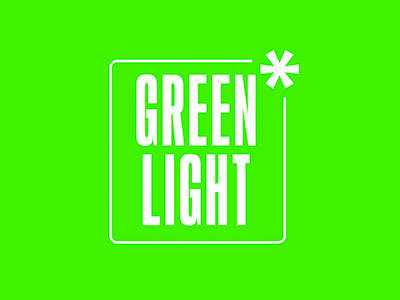
 Young People – Over 17,
Young People – Over 17,